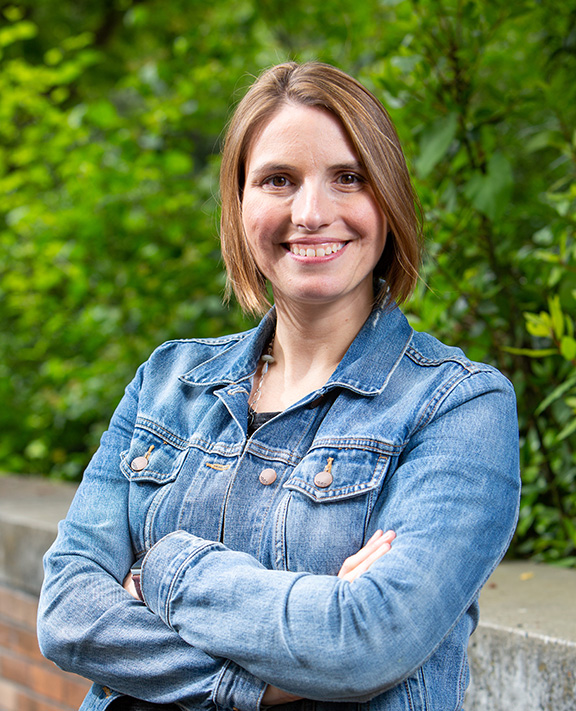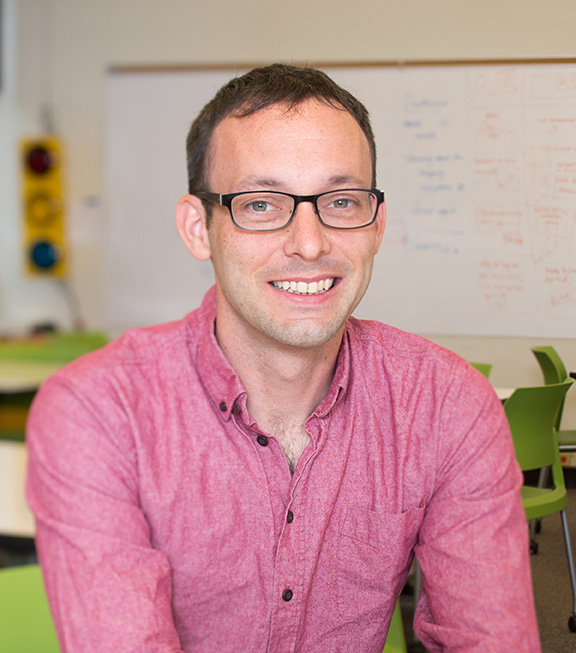Leah Pistorius
July 13, 2020

Education, Work, and Life during COVID-19: Supporting Families at Home with Technology

Julie Kientz
In the context of the COVID-19 pandemic, American families are urgently adapting to new ways of working, managing child and elder care, and facilitating remote learning experiences. Millions of families have been suddenly forced to take ownership of their children’s education, often while working full time or while enduring the hardship of losing employment. Technology’s role is crucial, as this new social distancing context requires everything outside the family unit to now be performed remotely, over computer networks.
Julie Kientz, a professor in the Department of Human Centered Design & Engineering, is Principal Investigator on a new grant supported by the National Science Foundation (NSF) to study the pandemic’s effect on family life and the role of technology.
Co-Principal Investigators on the study are HCDE Associate Professor Sean Munson and UW Information School Assistant Professors Alexis Hiniker and Jason Yip. HCDE PhD students Akeiylah DeWitt and Rebecca Michelson are also researchers on the project.

Sean Munson
“With technology mediating so many aspects of life right now, it’s been great to work with this team with expertise in technology for families, for children, for learning, for work, and for health,” Munson said.
The researchers are working with families across the United States with children between preschool and eighth grade to understand their experiences during the pandemic. The team is documenting how digital technologies may offer solutions, and also how they might negatively impact these experiences or perpetuate disparities.
Kientz researches how families use technology, and she has been able to observe how her own family has transitioned into all remote working and learning. “If a family that has two PhDs in Computer Science, one of whom studies family technologies for a living, was struggling, then we knew that families with a lot less privilege would be running into many issues too, and thus I wanted to study this to find out these issues and make it better,” she wrote in a blog post about the project.
The researchers are using the Asynchronous Remote Communities (ARC) method to remotely collect stories and experiences, asking families to review and rate technology, and inviting families to co-design better technologies that would support their needs and situations.
“This has been a different kind of research project,” Munson adds. “By studying how families are using technology to navigate COVID, we’re learning about future opportunities for technology design. At the same time, though, we’re learning things that can help families if we share our work as we go.” Toward goal of supporting families now, the research team is sharing their findings throughout the project on the Families and Tech blog on Medium.
This project is one of several in the Department to receive a rapid-response research (RAPID) grant from the NSF, which has called for immediate proposals that have potential to address the COVID-19 pandemic. Review other projects involving HCDE researchers, here.